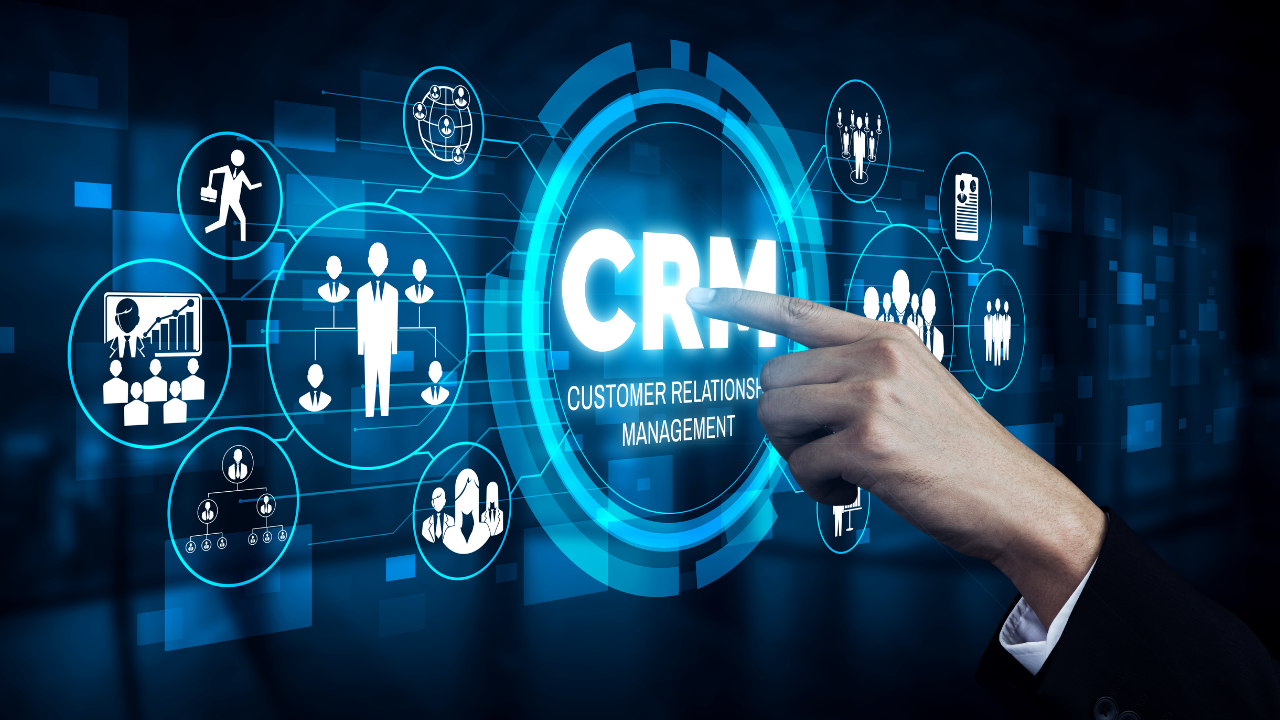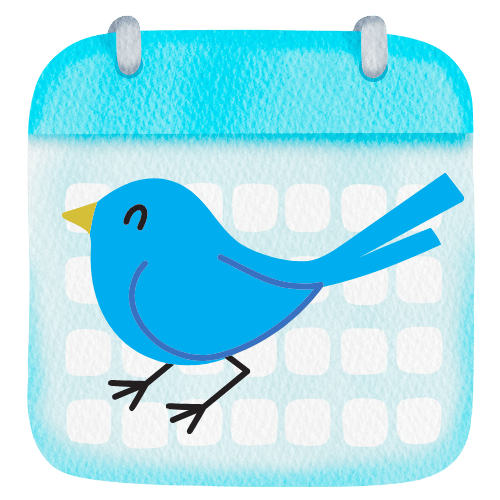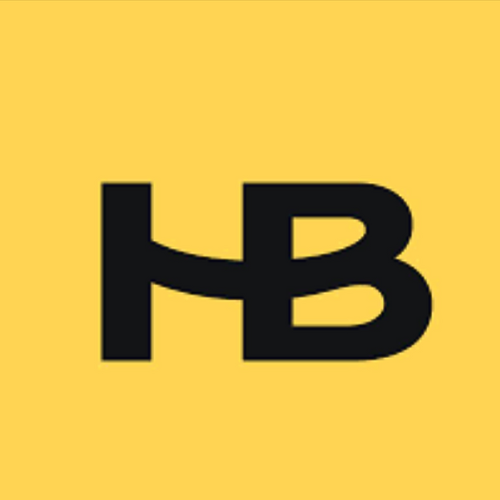If you’ve ever thought, “Do I really need both a scheduler and a CRM?” — you’re not alone. For solopreneurs, service-based businesses, and coaches juggling multiple tools, the idea of simplifying everything into one platform is tempting.
So, can a scheduling tool double as a CRM (Customer Relationship Management system)? The short answer is: Sometimes. But it depends on the tool, your business needs, and how much client data you actually manage.
Let’s break down when a scheduling app can act as your CRM — and when you’ll want to keep those two worlds separate.
First, What’s a CRM Actually For?

CRMs are typically used to:
-
Track client contact info, communication history, and interactions
-
Move leads through a pipeline (e.g., Inquiry → Booked → Completed)
-
Manage notes, follow-ups, and tasks for each client
-
Automate client journeys, reminders, and check-ins
-
Centralize information across a team
CRMs are like your business’s relationship memory. But if all you need is a way to book sessions and keep some notes, a full-blown CRM might be overkill.
What Scheduling Tools Can Do Like a CRM
Many modern scheduling tools now include “light CRM” features that cover basic needs for small teams or solo providers:
Store client details
Track appointment history
Send automated reminders or follow-ups
Tag or categorize clients
Add internal notes
Integrate with email or Zapier for automations
These features are often enough for:
-
Coaches and consultants who want simple client tracking
-
Freelancers who book repeat clients
-
Wellness pros with recurring appointments
-
Small teams that don’t need advanced sales funnels
Scheduling Tools That Work Like a Mini CRM
Here are a few tools worth considering if you want scheduling plus light CRM capabilities — without adding a whole new system.
HoneyBook
More than just scheduling, HoneyBook combines booking, invoicing, contracts, forms, and project tracking. It’s a great option for service providers who want everything in one place — from first inquiry to final payment.
Best for: Creatives, consultants, and service businesses who need a streamlined backend.
Book Like a Boss
This tool lets you tag contacts, view appointment history, and create multiple service types. It also offers built-in payment support, upsells, and reminders — ideal if you want to track bookings and revenue without another tool.
Best for: Solopreneurs, coaches, or small service providers.
Simply Schedule Appointments (SSA)
SSA gives WordPress users control over appointment tracking and customer data within their own site. While it doesn’t offer full CRM functionality, it integrates with CRM tools via Zapier and keeps client info centralized.
Best for: Coaches or therapists who use WordPress and want privacy control.
When You Shouldn’t Use a Scheduler as a CRM
You’ll likely need a full CRM if:
-
You’re managing a long sales cycle or leads pipeline
-
You need robust email sequences tied to lead stages
-
You have a team and want internal tasks, deals, or reporting
-
You work with hundreds of clients or leads and need segmentation
-
You want deep integrations with marketing tools
In those cases, pair your scheduler with a CRM like HubSpot, Zoho, or Dubsado — or use integrations via Zapier to sync your tools.
Final Thoughts: Know Your Workflow First
For many solo providers or small teams, a powerful scheduler can double as a lightweight CRM — especially if your focus is recurring bookings, basic notes, and automated follow-ups.
If that’s you, look for tools like HoneyBook or Book Like a Boss that offer both scheduling and relationship tracking in one platform.
If your client management is getting complex? It might be time to split your systems — scheduler for time, CRM for relationships.
Want to compare which tools offer the best of both?
Check out our Scheduling Software Directory to find scheduling tools that do more than just book time — and help you grow smarter.


 Book Like a Boss
Book Like a Boss
 HoneyBook
HoneyBook
 Simply Schedule Appointments
Simply Schedule Appointments
